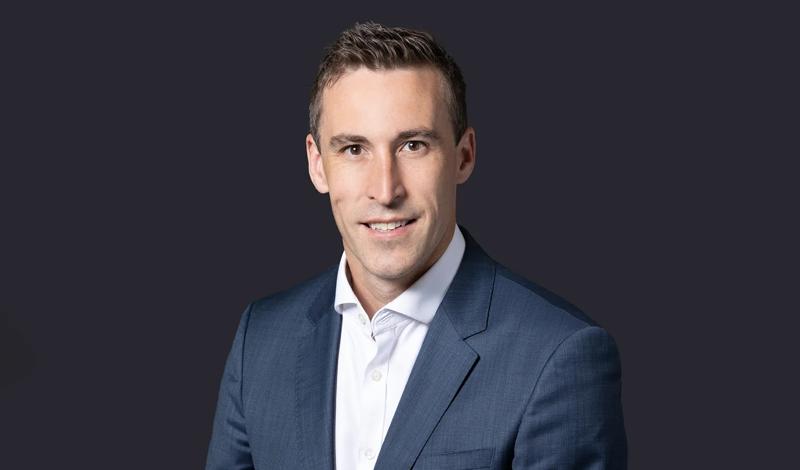This article was first published by International Investment.
Saudi Arabia is a growing market for health sector investors and there will be significant opportunities in the coming years.
A key plank of Saudi Arabia’s “Vision for 2030” is its Health Sector Transformation Program, which aims to restructure the health sector to be a comprehensive, effective and integrated health system. The key reforms are centred around improving access to health services, expanding the provision of e-health services and digital solutions, as well as improving the quality of health services. Like many other countries Saudi Arabia wants to move from a curative system which effectively addresses sick care to a preventative system that addresses health care based on the principle of value-based care, involving privatisation through adopting Public Private Partnerships (PPPs). Specific aims in improving the quality of services and access to them, will focus on optimising coverage, including geographically, through expanding e-health services and digital solutions.
Overview of the developments in the Saudi health system
Like many other systems across the world, the system in Saudi Arabia has had some navigation issues due to fragmentation and bureaucracy. Recent administrative reforms however, have helped to create a more streamlined and cohesive system with the Ministry of Health (MOH) continuing to be a major health provider for more than 60% of services, covering primary, secondary and tertiary healthcare services. The private sector is also engaged in providing a range of services, which should develop further as the Vision for 2030 is implemented. As of 2021, there were over 460 hospitals and 2000 primary healthcare centres across the country.
Healthcare in Saudi Arabia is a fundamental right of Saudi citizens. In the private sector the expatriate workforce receives health services as a result of the health insurance provided by their employer, which is a compulsory requirement under legislation that has been extended to include Saudi nationals in the private sector.
In terms of boosting private sector healthcare provision Saudi Arabia, which operates under 20 health directorates based on the 13 regions of the country, has established health clusters in different regions covering the north, east, central, south and west. These health clusters have autonomy in terms of providing and managing medical and clinical services in their area, which includes an emphasis on boosting the private sector provision to meet the growing demands of the population. To support the privatisation process, the Private Sector Participation (PSP) Law was introduced in 2021 and is designed to enhance investor confidence in PPP and the privatisation process. It strengthens the enforcement of PPP contracts and provides a framework for the public sector to participate directly with a project or company, safeguarding the rights of the private sector and ensuring the State will meet financial obligations arising from PPP and privatisation contracts.
Medical devices and pharmaceuticals
A key area for future investment will be around medical devices and pharmaceuticals. The regulatory approval process for placing devices on the market essentially mirrors the regime found in the European Union and United Kingdom. This includes the same requirement to be either a local manufacturer or to have a local authorised Representative who is responsible for representing the manufacturer in its dealings with the SFDA.
The SFDA has issued a guideline note for the submission process. The approval process takes around 35 working days with license fees ranging between KSA 15,000-25,000. An existing authorisation or certification in Australia, Canada, Japan, the United States or the EU/UK will simplify the process.
The State is also seeking to encourage to foreign pharmaceutical manufacturers to enter into public-private partnerships and joint ventures with Saudi companies to increase production locally.
Summary
There has already been substantial public investment and increased digitisation within the Saudi system, which creates investment opportunities in the areas of governance, integration and information technology. Given the projected shortfall in healthcare professionals, there will also be scope for opportunities around training, professional development and the maintenance of professional standards.
Regulatory reforms have also sought to meet international best practice, and investors will find a familiar system that is broadly structured on what exists in most developed healthcare systems across the world.
In addition, the contribution of the private health insurance market continues grow – currently funding around 25% of health care services, this is set to increase over the next few years as the State seeks to encourage private sector involvement through PPPs and privatisation.
While there remain some challenges for foreign investors in accessing the market there are significant opportunities for future investment in a country which is creating a healthcare system to meet increased demand from its population, both in terms of Saudi nationals and the expatriate workforce.
The main note of caution for investors is the Saudi government’s push across all sectors for Saudi nationals and companies based in the Kingdom to be the main beneficiaries of future economic growth. This means that foreign investors looking to directly enter the Saudi healthcare market, particularly when it comes to delivering services or products directly to patients, will need to enter into public-private partnerships or joint ventures with Saudi companies. However, taking into account the purpose of the Private Sector Participation Law, that should give foreign companies confidence to invest provided that proper due diligence is conducted to understand market need and who they are partnering with, so that robust contracts are put in place to protect all parties.











































